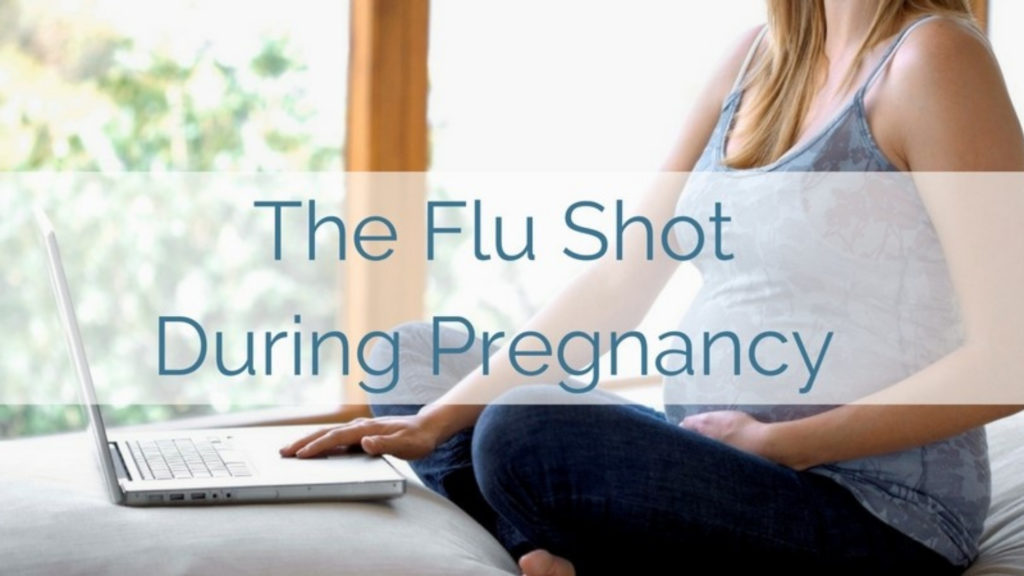Pregnant women are faced with so many decisions. If your due date is around flu season, deciding whether or not to get the flu shot is probably at the top of your mind. There are a lot of varying opinions and myths surrounding getting the flu shot during pregnancy, and it can be easy to become overwhelmed with information. We’re here to debunk some of the most common myths about the flu shot and give you resources to help you make your decision.
Myth: You should skip the flu shot so you don’t get sick from it.
Skipping your flu shot while pregnant is not recommended for many reasons. Pregnant women have a weakened immune system, heart, and lungs and are more vulnerable to catching viruses like the flu. If you’re pregnant and get the flu, your symptoms may be more serious and could require a hospital visit. If you are worried about getting sick from the shot, the most common side effects are generally mild and resemble cold-like symptoms such as a headache, fever, nausea, and fatigue.
Myth: The flu vaccination can result in a miscarriage.
A study from the Marshfield Clinic Research Institute did find a link between the vaccine and miscarriage—but it only emerged under very specific conditions. For the vast majority of pregnant women, the Centers for Disease Control still recommends getting vaccinated to prevent other serious problems should you contract the flu during pregnancy. For example, getting the flu while pregnant increases your risk for early delivery, which can be harmful to the baby.
Myth: The flu shot contains mercury.
Thimerosal is a mercury-based preservative used in some vaccines. Flu vaccines in multi-dose vials contain thimerosal to protect against contamination. However, most single-dose or pre-filled syringes for the flu shot do not contain any mercury-based substances like thimerosal. Several studies conducted on this preservative provided data that shows low doses of thimerosal in vaccines do not cause any harm, although it may be associated with minor side effects like redness, swelling, and rare allergic reactions.
Myth: Breastfeeding women shouldn’t get a flu shot.
It’s completely safe to breastfeed after you’ve received a flu shot. By keeping yourself healthy, you’re actually protecting the baby, just like getting the Tdap or whooping cough vaccines. You may be able to transfer immunity by passing along antibodies through your milk to your baby. This is a huge benefit, because children can’t get flu shots until they are six months or older.
Myth: Flu vaccines cause autism.
There have been countless studies from the CDC proving that vaccines do not cause autism. Since 2003, there have been nine CDC-funded studies that have found no link between vaccine ingredients like thimerosal in ASD or Autism spectrum disorder.
Answering the big question: Is the flu vaccine safe for pregnant women?
Most certainly, the answer is yes. The CDC has reaffirmed several times that pregnant women should get the flu vaccine to protect themselves and their baby. The flu shot is made from an inactivated virus and is completely safe. However, pregnant women are advised to steer clear of the nasal spray form of the shot as it is no longer recommended.
We spoke with Dr. John Bertrand, MD about the flu shot and he says, “Flu can be especially serious in pregnancy. Please protect yourself and your baby by getting vaccinated early.” In retrospect, pregnant women have been getting the flu shot for many, many years. We do encourage all our pregnant patients to do their own research and come in for an appointment so we can answer any questions.

